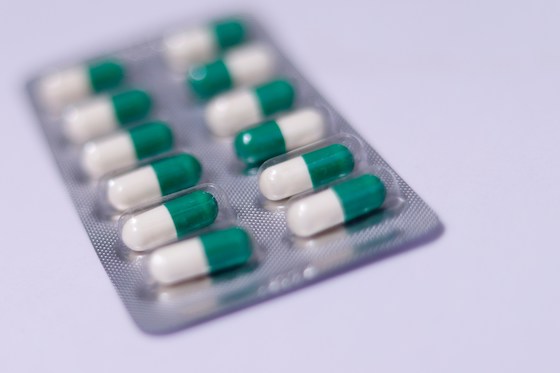
Is Resveratrol the Secret to Youth?
In our quest for eternal youth, various compounds have been hailed as miraculous. One such compound is resveratrol, a polyphenol found in red wine, grapes, and certain berries. Known for its potential anti-aging properties, resveratrol has garnered significant attention from scientists and health enthusiasts alike. But what is resveratrol, and can it truly turn back the clock? In this blog post, we'll explore the science behind resveratrol, its benefits, how it works within the body, and whether it lives up to the hype as an anti-aging elixir.
What is resveratrol? Understanding the compound
Resveratrol is a naturally occurring polyphenol that acts as an antioxidant. It’s primarily found in the skin of grapes but also exists in other fruits like blueberries and mulberries. Historically, it's been used in traditional medicine for its supposed healing properties. What makes resveratrol particularly interesting in modern times is its potential role in anti-aging research. Scientists are intrigued by its ability to interact with cellular processes that influence aging and longevity. It's no wonder this compound has become a hot topic in health circles.
The science behind resveratrol's anti-aging claims
A slew of scientific studies have delved into how resveratrol affects aging at a cellular level. Research indicates that it activates certain genes known as sirtuins, which are involved in extending cell life and improving cellular function. Clinical trials on animals have shown promising results—mice given resveratrol lived longer and had fewer age-related diseases. However, human trials are still limited but suggest potential benefits for cardiovascular health and metabolic function. While these findings are exciting, more extensive research is needed to confirm if these anti-aging effects translate effectively to humans.
Health benefits beyond anti-aging: more than just skin deep
Beyond its reputed anti-aging properties, resveratrol offers several other health benefits worth noting. This powerful antioxidant supports cardiovascular health by improving blood flow and reducing bad cholesterol levels. There’s also evidence suggesting it may help prevent certain types of cancers by inhibiting tumor growth. Additionally, some studies propose that resveratrol could aid in managing diabetes by enhancing insulin sensitivity. Incorporating this compound into your lifestyle could thus offer a range of advantages beyond merely keeping wrinkles at bay.
How to incorporate resveratrol into your diet safely
If you’re keen on adding more resveratrol to your diet, there are several practical ways to do so safely. Consuming foods like red grapes, peanuts, or blueberries regularly can provide natural sources of this compound. For those considering supplements, ensure you're purchasing high-quality products from reputable sources like Purovitalis.com. Recommended dosages often vary but typically range between 150-500 mg per day; always consult with a healthcare provider first to avoid any adverse interactions with other medications you might be taking.
While resveratrol shows promising signs as an anti-aging agent, it's essential to approach these claims with cautious optimism. The current scientific evidence suggests that while there are numerous health benefits associated with resveratrol consumption, more research is needed to fully understand its long-term impact on aging and overall health. By integrating natural sources of resveratrol into a balanced diet and maintaining a healthy lifestyle, you may tap into some of these benefits without relying solely on this compound as a fountain of youth.
